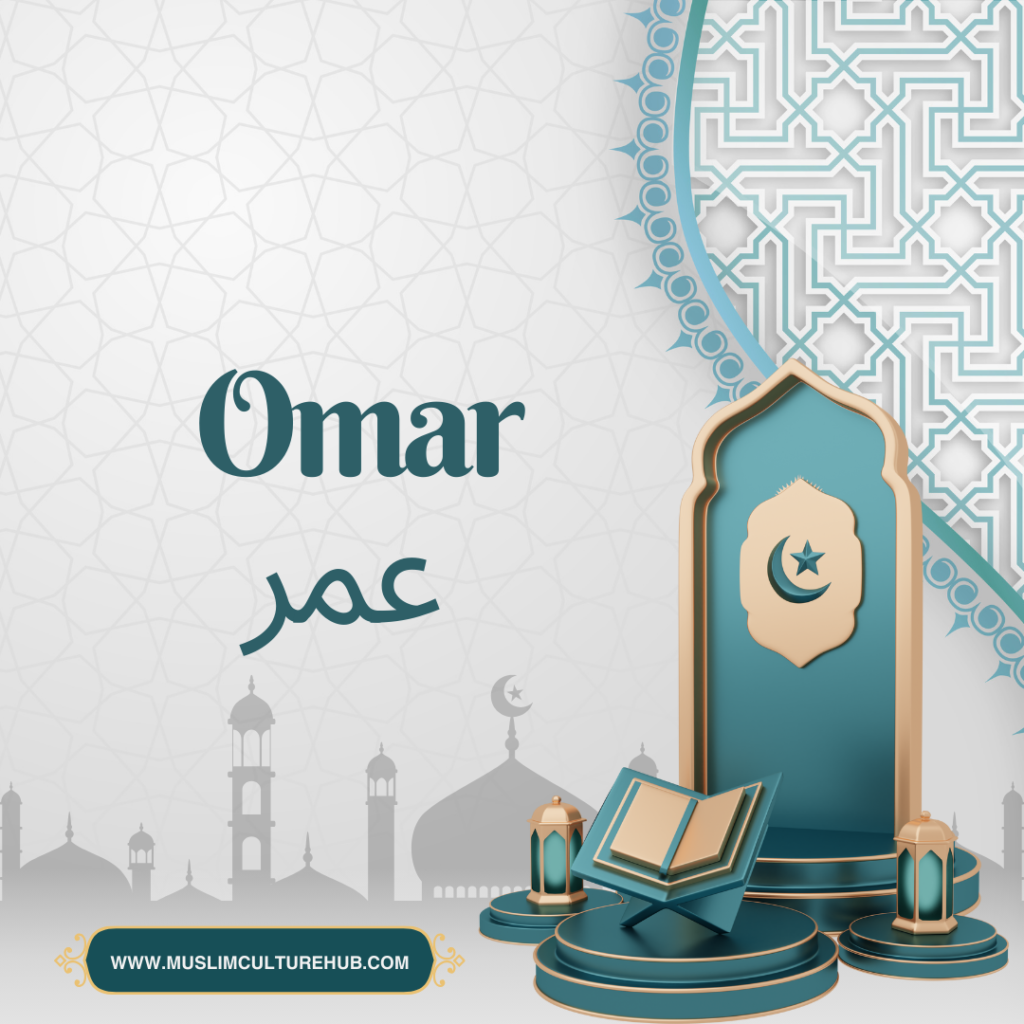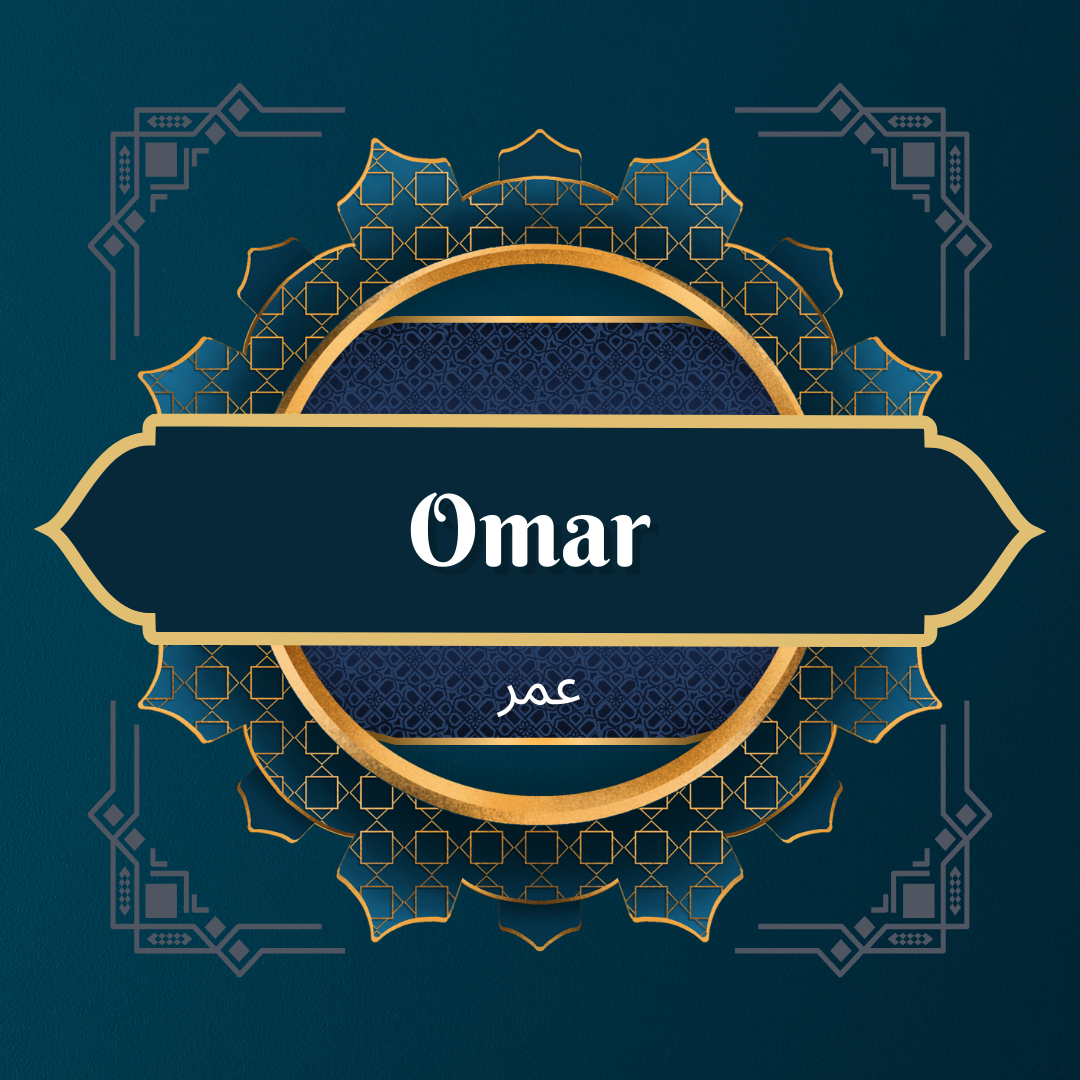Table of Contents
Ever thought about if the name Omar is only for Muslims or if it’s used elsewhere? Is Omar A Muslim Name? Let’s dive into its origins and meanings. This name is mainly Arabic and holds deep cultural value in many places. We’ll see how the name Omar connects with both Muslim and non-Muslim groups.
Understanding the Name Omar
The name Omar is filled with deep meanings from Arabic and Hebrew traditions. It means thriving, growing well, and living a long life. These are values many cultures cherish. The name also ties to one’s identity and character.
Definition and Origin of the Name
Omar comes from Arabic roots, meaning “flourishing” or “long-lived.” It’s a name of strength and vitality, loved in many places. In Hebrew, it’s linked to being eloquent and having clear speech. These traits are celebrated in the Hebrew Bible.
Cultural Significance in Arabic and Hebrew
In Arabic culture, Omar stands for wisdom and leadership. Names like this shape how people are seen in their communities. In Hebrew, it’s about clear communication and expression, key for personal and social life.
These meanings show how deeply names affect our identity in Arabic and Hebrew cultures.

Is Omar a Muslim Name?
The name Omar is deeply meaningful in Islamic tradition. It connects to important figures in Islam, showing more than just a name. It’s a symbol of leadership and values in the Muslim community.
Caliph Omar, the second caliph of Islam, is a key figure linked to this name. He played a big role during a crucial time in history.
Connection to Islamic Tradition
Omar is a name that stands for resilience, integrity, and faithfulness in Arabic heritage. Caliph Omar led from 634 to 644 AD, a time of growth and rule in the Islamic empire. His leadership still shapes how we see the name today.
Now, Omar is still a favorite among Muslim families, showing respect for its rich history. Its widespread use highlights its deep roots in Islamic tradition. It represents strength and community values across generations.
Historical Figures Named Omar
The name Omar is filled with history, thanks to many famous people who changed society and culture. These historical figures, named Omar, have made a lasting impact.
Umar ibn al-Khattab: The Second Caliph
Umar ibn al-Khattab is a key figure, being the second caliph of Islam. He’s known for his leadership that brought justice and tolerance. His rule led to the growth and strength of the Islamic state, making his name very important in history.
Literary Contributions of Omar Khayyam
Omar Khayyam is another big name, known for his work in literature and math. His famous poetry, the *Rubaiyat*, reached people all over the world. This shows how the name Omar has influenced art and science.
Influence of Notable Omars in History
Many historical figures named Omar have made their mark. They include kings and scholars who’ve changed lives in many places. These Omars have left a lasting impact on history.
Omar in Different Cultures
The name Omar is very important in the Middle East. It’s a name that connects people to Islamic heritage. Many families in the Middle East choose this name because of its history.
The Name’s Popularity in the Middle East
In Arab countries, Omar is a common name for both everyday and formal situations. It’s chosen for its deep historical meaning. This shows the respect and honor linked to the name, seen as a symbol of strength and wisdom.
Usage Among Non-Muslims and Variants in Other Languages
Omar is also used by non-Muslims, showing its wide appeal. It has different forms in languages like Icelandic, German, and Hebrew. These variations show how the name Omar is accepted in many cultures and languages.
The Meaning Behind the Name Omar
Exploring the name Omar takes us into its deep roots in language and culture. Its Arabic roots give us a peek into its importance. This name is meaningful in many societies.
Arabic Meaning: “Flourishing, Long-lived”
In Arabic, Omar means “flourishing” and “long-lived”. It stands for growth and lasting life. These traits are highly respected in many cultures. Parents often choose this name for its positive meanings.
The name Omar is more than just a label. It’s about hoping for growth and a long life.
Other Interpretations Around the World
Other languages and cultures see Omar differently. They link it with wealth and eloquence. This adds to the name’s global importance.
Each culture adds its own twist to Omar’s meaning. This shows how the name changes and grows with different views.
You may also be interested in:
Popularity of the Name Omar in the United States
The name Omar has become more popular in the U.S. over the years. Cultural changes, people moving to new places, and what society thinks matter a lot. These factors have shaped how popular the name Omar is today.
Historical Trends in Baby Naming
The name Omar’s popularity has changed over time. It has been a popular choice for babies in different decades. This shows how well it fits with many cultures.
Cultural movements and more diverse communities in the U.S. have also played a part. They help shape what parents think of the name Omar when picking one for their kids.
Current Rankings and Statistics
Now, Omar is in the top 200 names for boys. The stats show it’s getting more popular, which means more American parents like it. Its rise in popularity shows it’s a great choice for naming babies today.
Famous People Named Omar
The name Omar is linked to many notable individuals who have made big impacts in different areas. These Famous Omars show how the name shines in politics, arts, and culture. They excel in various fields, proving the name’s power.
Politicians and Leaders
Omar is found in the names of key politicians and leaders who’ve changed their countries. Figures like Omar al-Bashir are known for their leadership in tough times. Others have been crucial in local politics and speaking for their communities.
Artists and Athletes
In arts and sports, the name Omar is big. It’s linked to creativity and skill in acting and music. In sports, Omar Vizquel is a star baseball player who inspires others. His story adds to the name’s rich history.
Modern Cultural References
Today, the name Omar pops up in TV shows and books. Characters named Omar often bring depth and complexity. These references keep the name alive and add to its cultural value.
Variations of the Name Omar
The name Omar has many variations across cultures. Learning about these variations can deepen our appreciation for their meanings and history.
Differentiating Between Omar, Umar, and Omer
Names like Umar and Omer show the diversity of Omar. They all come from the same Semitic root but mean different things in different cultures. For example, *Umar* means “long-lived” and is important in Islamic history, linked to the second caliph. On the other hand, *Omer* is common in Hebrew-speaking areas and has its own special meaning.
Similar Names and Their Meanings
Looking at names like Hamza and Ahmad shows how meanings can vary. These names share qualities with Omar but have their own special meanings. Hamza is known for bravery, and Ahmad means being praiseworthy. These names help us understand more about Arabic culture and values.
Omar in Contemporary Society
In today’s world, the name Omar is filled with deep cultural meaning and history. People named Omar come from many backgrounds, giving them unique views in different social settings. The way we see Omar in Society goes beyond just a name. It touches on heritage and identity.
Socio-cultural Perceptions of the Name
The name Omar now links different cultural stories together. It’s popular in many groups, showing a growing love for diverse cultures. This change shows how society is moving towards valuing all kinds of differences. It’s breaking down old stereotypes linked to certain ethnic or religious names.
The way we think about Omar today shows how complex cultural identity can be. It also starts a conversation about being inclusive in our modern world.
The Influence of Names on Identity
Names are key parts of who we are, deeply affecting how we see ourselves and how others see us. The name “Omar” is rich in history and meaning. It connects people to their heritage, making them proud of their roots. This bond helps people appreciate their cultural background, linking past and present.
How Names Impact Personal and Cultural Identity
Names do more than just identify us; they carry deep meanings that shape our social lives. For those named Omar, their name might make them feel a strong sense of belonging. They feel tied to the achievements of famous Omars before them.
Looking into the history of the name Omar, we see how important it is. Names like this help people feel connected to their community. They show the big role names play in linking us to our heritage.
A name sets expectations and dreams tied to our cultural identity. It guides us in our social lives. By looking at the lasting impact of names, especially in diverse groups, we see how they shape our identities and sense of belonging.
FAQ
What is the origin of the name Omar?
Is Omar specifically a Muslim name?
What does the name Omar symbolize in the Muslim faith?
Who are some historical figures named Omar?
How popular is the name Omar in the Middle East?
Are there any variations of the name Omar?
What are the interpretations of the name Omar in other languages?
How does the name Omar rank in the United States?
What influence do famous people named Omar have on contemporary culture?
How do names like Omar affect personal identity?

Embracing Faith, One Insight at a Time!
The teachings of the Quran have always guided my path. With a deep passion for Islamic knowledge, I strive to blend the wisdom of tradition with the relevance of today, making the timeless messages of Islam accessible and meaningful for everyone.
Muslim Culture Hub is my platform to share historical insights and thought-provoking articles, exploring both well-known and lesser-discussed aspects of Islamic culture and beliefs. My mission is to create an inclusive online space where everyone can learn, strengthen their faith, and connect with the profound message of Islam.
Join the journey!
May peace be upon you.








